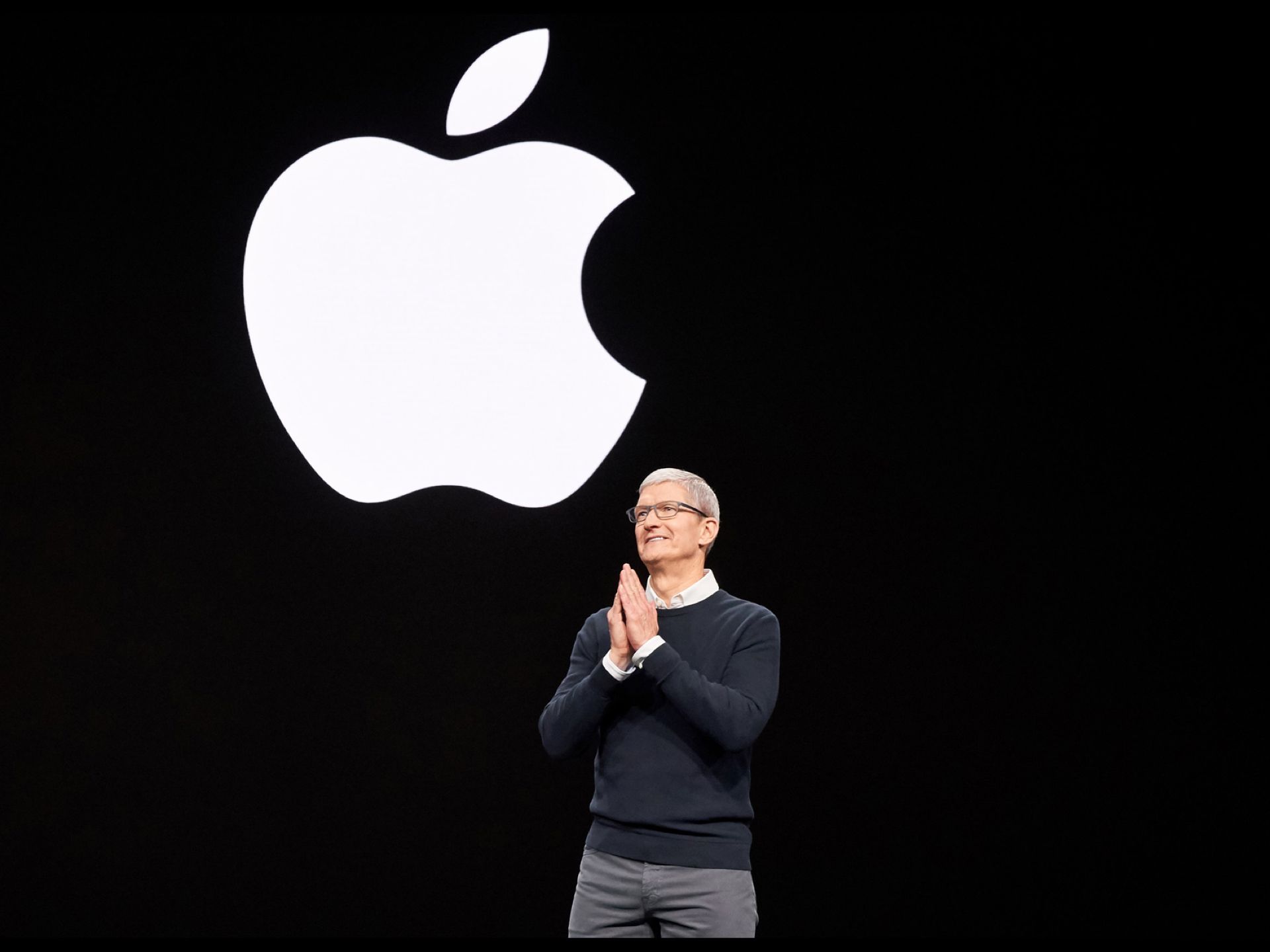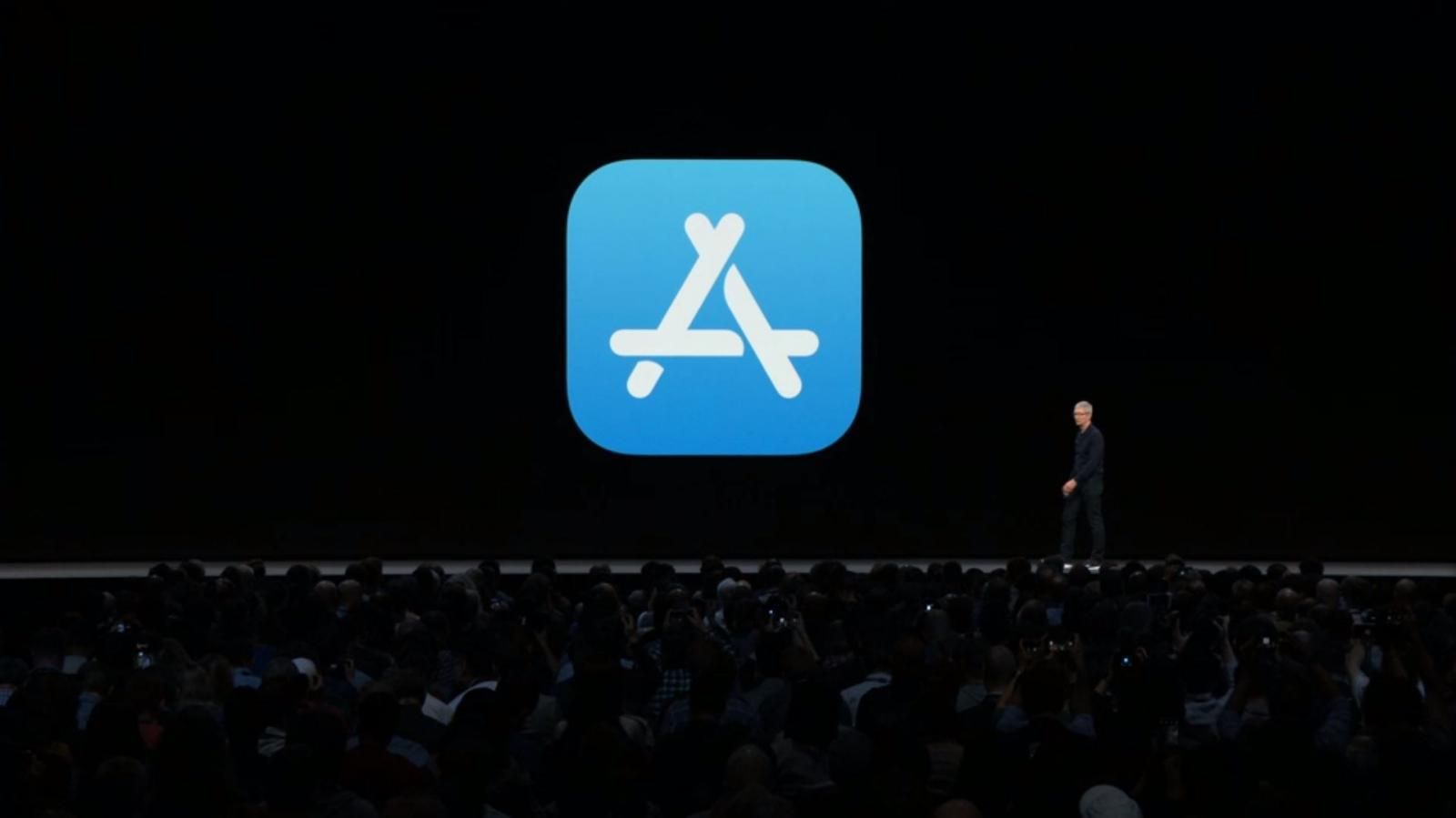UPDATE: 2023/04/26 05:00 EST BY SANUJ BHATIA
The article has been updated to include a statement by Epic Games, which reflects their stance on the new ruling.
Epic Games vs. Apple is a tale for the ages. What started in 2020, is finally inching closer to an end in 2023 as the US Ninth Circuit Court of Appeals has sided with Apple and ruled that the company was not violating antitrust policies. This complex legal battle has captured the attention of the entire tech industry, and in this article, we will take a quick look at the Apple vs. Epic Games saga and see what the latest court ruling means for users and developers.
Epic Games vs. Apple: Story so far
The battle between these two tech giants began in 2020 when Epic Games violated Apple's App Store policies and implemented a direct payment system in its highly-popular game Fortnite. By adding a direct payment system, Epic Games bypassed Apple's 30% App Store commission on in-app purchases.
In response to the App Store rules violation, Apple removed Fortnite from the App Store, following which Epic Games filed a lawsuit against the Cupertino giant. Epic Games alleged Apple of anti-competitive behavior and monopolistic practices. To Epic Games' disappointment, the inial ruling in September 2021 ruled that Apple was not violating antitrust laws.
However, it sided with the Fortnite maker on the issue of Apple's anti-steering policies, stating that the company could no longer prevent developers from directing users to alternative payment methods. Both companies were unhappy with the decision. While Apple implemented a workaround for third-party payments in certain apps, Epic Games decided to appeal the court's ruling.
What does the appeals court ruling mean for you?
On April 24, 2023, the Ninth Circuit Court of Appeals rejected Epic Games' appeal and gave a verdict that Apple did not violate antitrust laws. This marks largely as a win for Apple, but the appeals court also upheld the original decision on Apple's anti-steering rules. Epic Games, in a statement to us, said that the new payment rules have "freed iOS developers," and they will be able to do "business directly." "We're working on the next steps," says the company.
Apple said that the decision is a "resounding victory" and for the "second time in two years, a federal court has ruled that Apple abides by antitrust laws at the state and federal levels." While the company "respectfully" disagrees "the one remaining claim," it is "proud of its profound contributions to both users and developers around the world." Apple is still "considering further review" on the remaining claim.
App distribution on iOS remains the same
Following the recent court ruling, Apple retains control over app distribution on the iPhone. This means that users will only be able to download apps and games for their iPhones through the Apple App Store, and the company is not obligated to support third-party app stores at this time.
While there are rumors that due to the European Digital Markets Act and similar regulations in other regions may eventually compel Apple to open up its iPhone to third-party apps, the current landscape remains unchanged. Rumors suggested that iOS 17 might support third-party app installations, but the recent ruling does not mandate this change. Whether Apple will adapt its approach in response to other regulations remains to be seen.
Developers will be able to link to third-party payment options in their apps... at some point in the future
One of the outcomes of the recent ruling is that Apple must allow developers to inform users about third-party payment options within their apps. The court agreed with Epic Games on this matter, stating that Apple can no longer prevent developers from directing users towards alternative means of payment. This development could potentially lead to more competitive pricing and multiple payment options for consumers.
This injunction is scheduled to take effect in 90 days, requiring Apple to permit all apps — not just "reader" apps — to link to third-party payment options. The manner in which Apple will implement these changes and the impact it will have on the company's revenue remain to be seen. According to CNBC, the App Store grossed over $85 billion in 2022. Allowing users to utilize third-party payments could significantly affect the company's revenue.
Will Fortnite come back to the App Store?
A question on many readers' minds is whether the Fortnite game will make a comeback on the App Store? Well, the panel's current ruling supports Apple's decision to remove Fortnite from the App Store in 2020. Consequently, it is purely up to Apple to allow Fortnite to come back to the App Store (or not). Here's what the ruling says:
"Apple’s termination of the DPLA and the related agreements between Epic Games and Apple was valid, lawful, and enforceable, and (ii) Apple has the contractual right to terminate its DPLA with any or all of Epic Games’ wholly owned subsidiaries, affiliates, and/or other entities under Epic Games’ control at any time and at Apple’s sole discretion."
On the whole, the recent ruling allows Apple to maintain its current app distribution model on iOS, but the company will have to allow third-party payment options in its app. The manner in which Apple will implement this change remains uncertain. Perhaps we will see something about this at the company's upcoming WWDC 2023 event? Only time will tell.



